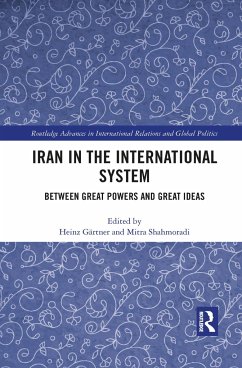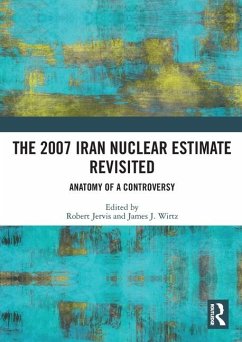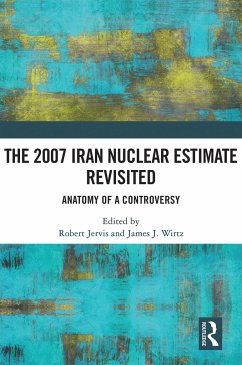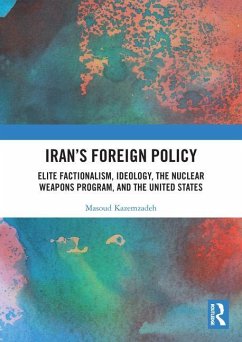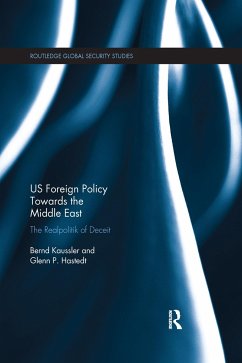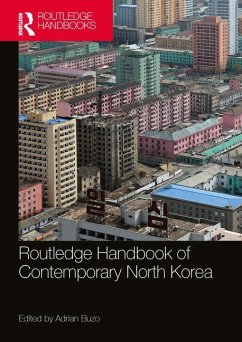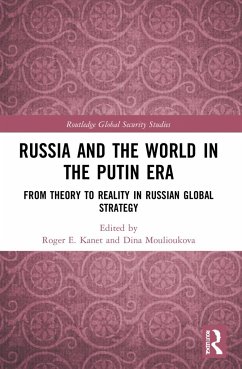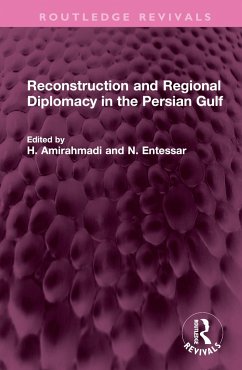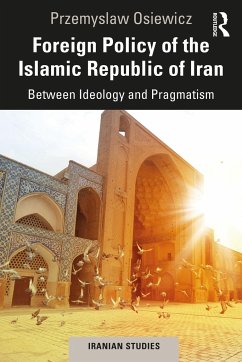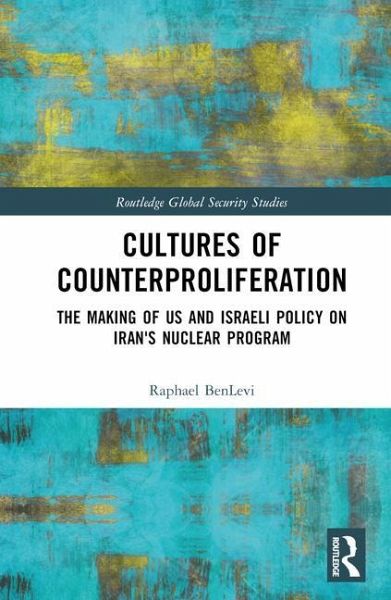
Cultures of Counterproliferation
The Making of US and Israeli Policy on Iran's Nuclear Program
Versandkostenfrei!
Versandfertig in 6-10 Tagen
154,99 €
inkl. MwSt.
Weitere Ausgaben:

PAYBACK Punkte
77 °P sammeln!
This book argues that the nature of counterproliferation strengthens the effect of cultural factors in policy choices, and illustrates this by focusing on US and Israeli policy toward the Iranian nuclear program.The United States and Israel have been the two states most active in opposing Iran's nuclear ambitions; however, the respective strategies of each of these states have changed repeatedly. This book explores how competing cultural schools of thought on grand strategy within each state inform and shape the key policy decisions in their attempts to prevent a nuclear Iran. Drawing on numer...
This book argues that the nature of counterproliferation strengthens the effect of cultural factors in policy choices, and illustrates this by focusing on US and Israeli policy toward the Iranian nuclear program.
The United States and Israel have been the two states most active in opposing Iran's nuclear ambitions; however, the respective strategies of each of these states have changed repeatedly. This book explores how competing cultural schools of thought on grand strategy within each state inform and shape the key policy decisions in their attempts to prevent a nuclear Iran. Drawing on numerous interviews conducted with former high-level officials in each country as well as published memoirs, this book first describes in detail the belief systems of the competing schools and then analyses the internal debates and key decisions on policy toward the Iranian Nuclear Program, while critically assessing the extent to which these beliefs influenced policy in the face of material-structural pressures. This in-depth analysis of the internal debates and dilemmas within the national leadership of the two states most prominent in the effort to prevent a nuclear Iran constitutes an indispensable guide for scholars and policymakers who will inevitably face similar dilemmas in dealing with this ongoing challenge and additional cases of nuclear proliferation around the world.
This book will be of much interest to students of nuclear proliferation, US and Israeli foreign policy, Middle Eastern politics and IR in general.
The United States and Israel have been the two states most active in opposing Iran's nuclear ambitions; however, the respective strategies of each of these states have changed repeatedly. This book explores how competing cultural schools of thought on grand strategy within each state inform and shape the key policy decisions in their attempts to prevent a nuclear Iran. Drawing on numerous interviews conducted with former high-level officials in each country as well as published memoirs, this book first describes in detail the belief systems of the competing schools and then analyses the internal debates and key decisions on policy toward the Iranian Nuclear Program, while critically assessing the extent to which these beliefs influenced policy in the face of material-structural pressures. This in-depth analysis of the internal debates and dilemmas within the national leadership of the two states most prominent in the effort to prevent a nuclear Iran constitutes an indispensable guide for scholars and policymakers who will inevitably face similar dilemmas in dealing with this ongoing challenge and additional cases of nuclear proliferation around the world.
This book will be of much interest to students of nuclear proliferation, US and Israeli foreign policy, Middle Eastern politics and IR in general.






